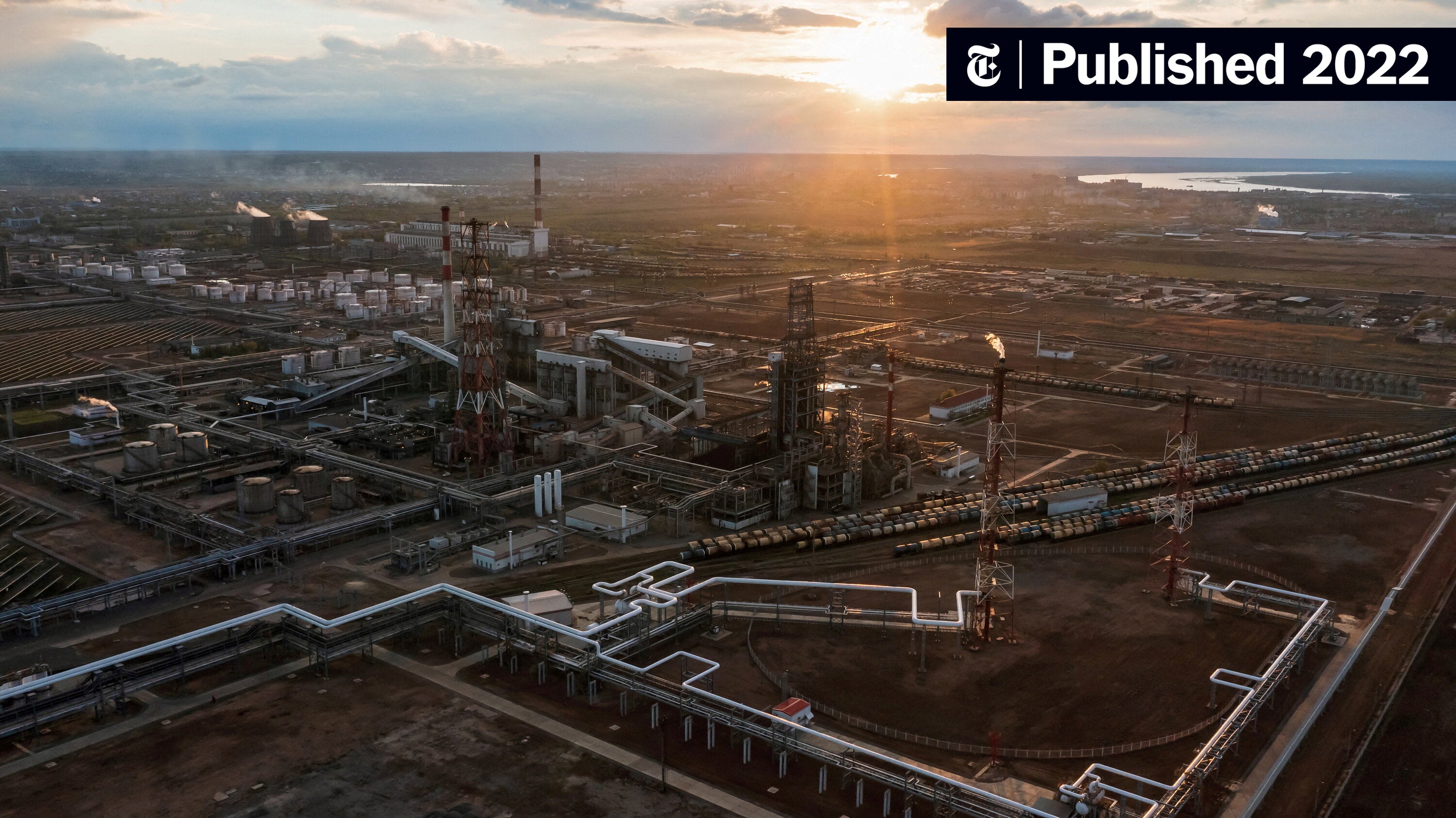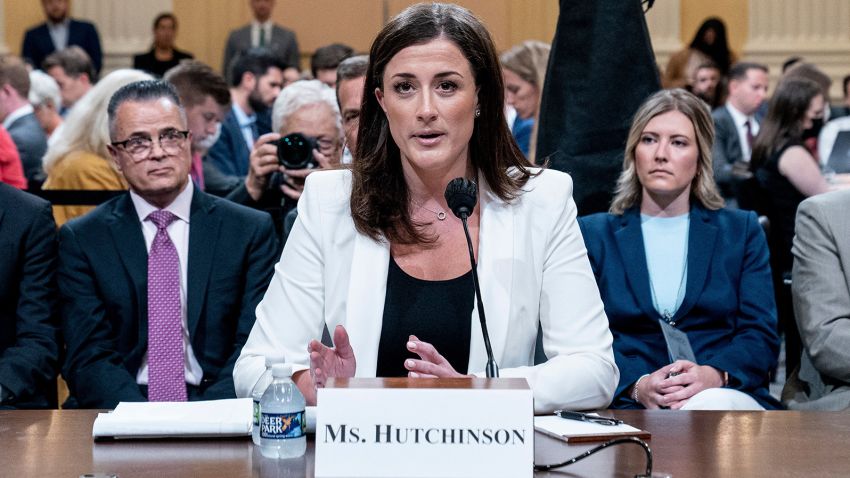EU To Discuss Spot Market Ban On Russian Natural Gas

Table of Contents
The European Union stands at a critical juncture, poised to debate a potential ban on spot market purchases of Russian natural gas. This momentous decision, laden with both significant challenges and transformative opportunities, underscores the EU's growing commitment to fortifying its energy security and disentangling itself from its dependence on Russian energy supplies. The potential ramifications for energy prices, geopolitical stability, and the economic well-being of EU member states are profound and far-reaching.
The Rationale Behind a Potential Ban:
The impetus for a potential ban on Russian natural gas trading within the spot market stems from a convergence of compelling factors.
-
Diminishing Russian Gas Supply Reliability: Russia's history of using energy exports as a geopolitical weapon is well-documented. The unpredictable and unreliable nature of Russian gas supplies poses a significant threat to the EU's energy security. Past incidents, such as the throttling of gas flows through Nord Stream 1 pipeline, serve as stark reminders of this vulnerability and the need for decisive action. This unreliability necessitates a shift towards more dependable energy sources.
-
Funding the War in Ukraine: A substantial portion of the revenue generated from Russian gas exports directly fuels the ongoing conflict in Ukraine. By severing spot market transactions, the EU aims to significantly curtail this crucial funding stream for the Russian military, thereby exerting substantial economic pressure on the Kremlin and aligning with broader international sanctions efforts to isolate Russia.
-
Geopolitical Leverage and Energy Independence for the EU: A complete or partial ban on Russian gas would represent a substantial step towards diminishing the EU's geopolitical dependence on Russia. This strategic shift is paramount for enhancing the EU's energy sovereignty, bolstering its strategic autonomy, and fostering long-term energy independence. This reduces Russia's ability to exert undue influence on European policy.
Potential Impacts of a Spot Market Ban:
The potential implementation of a spot market ban on Russian natural gas carries significant short-term and long-term implications.
-
Short-Term Price Volatility and Supply Shortages: The immediate aftermath of a ban could involve heightened price volatility in the natural gas market across the EU. This volatility could potentially lead to supply shortages, particularly impacting nations with a high dependence on Russian gas imports. Consumers and businesses could experience substantial price increases, impacting their purchasing power and operational costs.
-
Increased Reliance on Alternative Energy Sources (LNG, renewables): To mitigate the shortfall from reduced Russian gas imports, the EU would need to drastically accelerate its transition towards alternative energy sources. This necessitates a significant increase in reliance on liquefied natural gas (LNG), coupled with substantial investments in renewable energy infrastructure, including solar, wind, and geothermal energy sources. Furthermore, this transition requires advancements in energy storage technologies to address intermittency issues.
-
Economic Consequences for EU Member States: The economic consequences of a ban will vary widely across EU member states, directly correlating with their individual levels of dependence on Russian gas. Nations with a heavy reliance on Russian gas may experience severe economic challenges, while those with greater energy diversification may be better equipped to weather the economic storm.
EU Member State Positions and Challenges:
The EU's decision-making process will be complicated by internal political and economic disparities.
-
Differing Levels of Dependence on Russian Gas: EU member states exhibit vastly different levels of reliance on Russian gas imports. This disparity in dependence will inevitably influence member states' positions on the proposed ban. Countries with high dependence might oppose the ban due to economic concerns, while those with diversified energy portfolios may advocate for a firmer stance against Russia.
-
Political Divisions Within the EU: Reconciling the competing economic and geopolitical interests of diverse member states will require intensive negotiations and compromise. Disagreements regarding the speed and scope of the transition away from Russian gas could lead to significant political divisions within the EU.
-
The Role of Lobbying and Industrial Interests: Powerful industrial sectors heavily reliant on Russian gas supplies may exert considerable lobbying pressure against the ban. This lobbying activity could complicate the decision-making process and introduce further challenges in achieving a unified EU stance.
Alternatives to Russian Gas and Long-Term Strategies:
Successfully transitioning away from Russian gas dependence necessitates a comprehensive, multi-pronged strategy.
-
Diversification of Gas Suppliers: The EU must actively diversify its gas import sources, forging stronger partnerships with reliable and geographically diverse suppliers, such as Norway, the United States, and Qatar. This diversification will reduce vulnerability to disruptions from any single supplier.
-
Accelerated Renewable Energy Transition: Substantial investments in renewable energy infrastructure are crucial for replacing Russian gas in the long term. This includes significant expansion of solar, wind, and other renewable energy sources, alongside improvements in energy storage capabilities.
-
Energy Efficiency Measures: Implementing comprehensive energy efficiency measures, such as improved building insulation and energy conservation programs, can significantly reduce overall energy consumption and lessen the dependence on fossil fuels.
Conclusion: The Future of EU Energy Security: Moving Beyond Russian Gas Dependence
The EU's consideration of a spot market ban on Russian natural gas represents a defining moment in its energy policy. While the short-term implications may present significant hurdles, the long-term benefits of reduced reliance on Russia and the accelerated transition to a cleaner, more sustainable energy future are undeniably substantial. Staying informed about the EU's decision regarding this potential ban and its wider impact on European energy security is crucial for all stakeholders. The future of European energy independence hinges on a measured, decisive, and unified response to this critical challenge.

Featured Posts
-
 Jan 6th Hearing Star Cassidy Hutchinson To Publish Memoir This Fall
Apr 24, 2025
Jan 6th Hearing Star Cassidy Hutchinson To Publish Memoir This Fall
Apr 24, 2025 -
 Why Pope Francis Ring Will Be Destroyed After His Death The Papal Protocol Explained
Apr 24, 2025
Why Pope Francis Ring Will Be Destroyed After His Death The Papal Protocol Explained
Apr 24, 2025 -
 Bethesda Announces Oblivion Remastered Available Now
Apr 24, 2025
Bethesda Announces Oblivion Remastered Available Now
Apr 24, 2025 -
 New Business Hot Spots Where To Invest And Grow In Country Name
Apr 24, 2025
New Business Hot Spots Where To Invest And Grow In Country Name
Apr 24, 2025 -
 Execs Office365 Accounts Targeted Millions Made In Cybercrime Feds Say
Apr 24, 2025
Execs Office365 Accounts Targeted Millions Made In Cybercrime Feds Say
Apr 24, 2025
